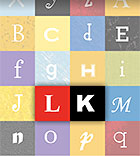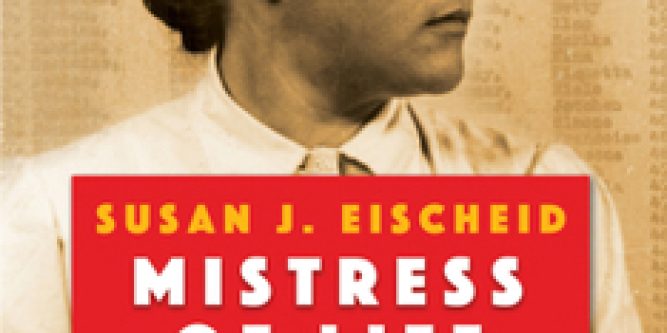Author: Susan J. Eischeid
How do you find out about good reads or good music? Recently I received an email from a Friends of a library in which they announced their volunteer of the month. As you may know, many public libraries have “friends” groups that help with fundraising and events in support of reading and other matters. And, now for my first non-sequitur. This particular Friends group has a seed library and a sewing group where volunteers help others in gardening and sewing tips. I love the community inspired training! Check out Friends of Library groups near you.
Now, back to the “story” at hand. This volunteer is apparently an accomplished oboist who published a book in 2024. I searched both for her music (not available on cd) and her book. Sure enough, Ms. Eischeid researched for over 20 years before publishing a biography of Maria Mandl, the head overseer of the women’s extermination facility at Auschwitz-Birkenau. Maria Mandl was “a nice girl from a good family” reared as a practicing Catholic in a small Austrian village of Munz Kirchen with her three siblings. The family was not part of the political movement. Her father supported the family by making shoes for the villagers. Even when times were exceedingly difficult, Mr. Mandl found scraps of leather to make shoes for children whose families couldn’t afford to pay him. When Maria’s father, Franz Mandl, died in 1967, over one thousand people attended his funeral.
How then did Maria Mandl become head of a women’s extermination facility, and from the stories of most survivors, an abusive, soulless person who seemed to delight in beating and torturing people and killing babies as well?
Maria maintained her innocence until her execution, and accounts from a true friend who met Maria in prison, give glimpses into her humanity. In fact, that friend had positive memories of Maria Mandl.
The author clearly spent thousands of hours researching and interviewing witnesses. Her musical interest must have been a driving factor behind this book, as Maria Mandl started the first female orchestra in Auschwitz-Birkenau. Mandl clearly loved music, horse-back riding and unfortunately power.
The conductor of the orchestra was Alma Rose, the niece of Gustav Mahler and daughter of a famous violinist, Arnold Rose. Her story is a testament to skill and a desire to stay alive, as well as penchant for helping others. Ms. Eischeid provided quite a bit of detail about the orchestra and some of the members, but I did start to wonder if there was enough material for a book on the orchestra members. What a find that would be! The author does introduce the reasons for the music, and whether it was a positive or negative influence on inmates and guards. That’s another topic that deserves considerable attention. In the midst of inspirational music, atrocities continued.
If you’re looking for the answer that some people are evil and some are good, you won’t find it here. However, a couple themes are illustrated in this biography. A “regular” person can perform monstrous, inhumane acts for many years. And, the desire to stay in power is an intoxicating incentive for some to continue aberrant behavior.
While this is not a happy story, it is well-written for today’s audience. Author Susan Eischeid compiled and introduced witness accounts to depict an important example of how people can become abusive and inhumane. Hate and power are strong motivators. Tales of horrors are scattered in the pages, but not the primary focus. Each chapter is only a few pages in length, making stopping points readily available if someone wants to read only a few pages at a time. And, the author does a good job of tying in Mandl’s friend’s experiences and viewpoint.
Continuing to read accounts of people like Maria Mandl are a vital part of our understanding the world both historically and present day. The extermination “camps” didn’t just house and kill Jews, but also Christians, political prisoners, gypsies and many others who were declared “undesirable” humans. History proves over and over that when segments of a society are pitted against one another, unthinkable results can happen. Teaming up against other individuals has often led to death and destruction. The path of taking away freedoms is often long, and therefore, not recognized by citizens until the hammer is falling. Those trying to point out the parallels in history are ostracized and eventually opinions become crimes. The Mistress of Life and Death provides a reminder to readers just how easily we can justify our actions.
The book is currently available at: Bookshop , Thrift Books and Half Price Books . If your budget permits, the hardcover provides a reminder of how books used to be printed—heavier paper stock with easy to read print contrasting with a paper color that’s easy on the eyes.
Keep on reading and sharing!
LK Greer
 lk greer, writer
lk greer, writer



